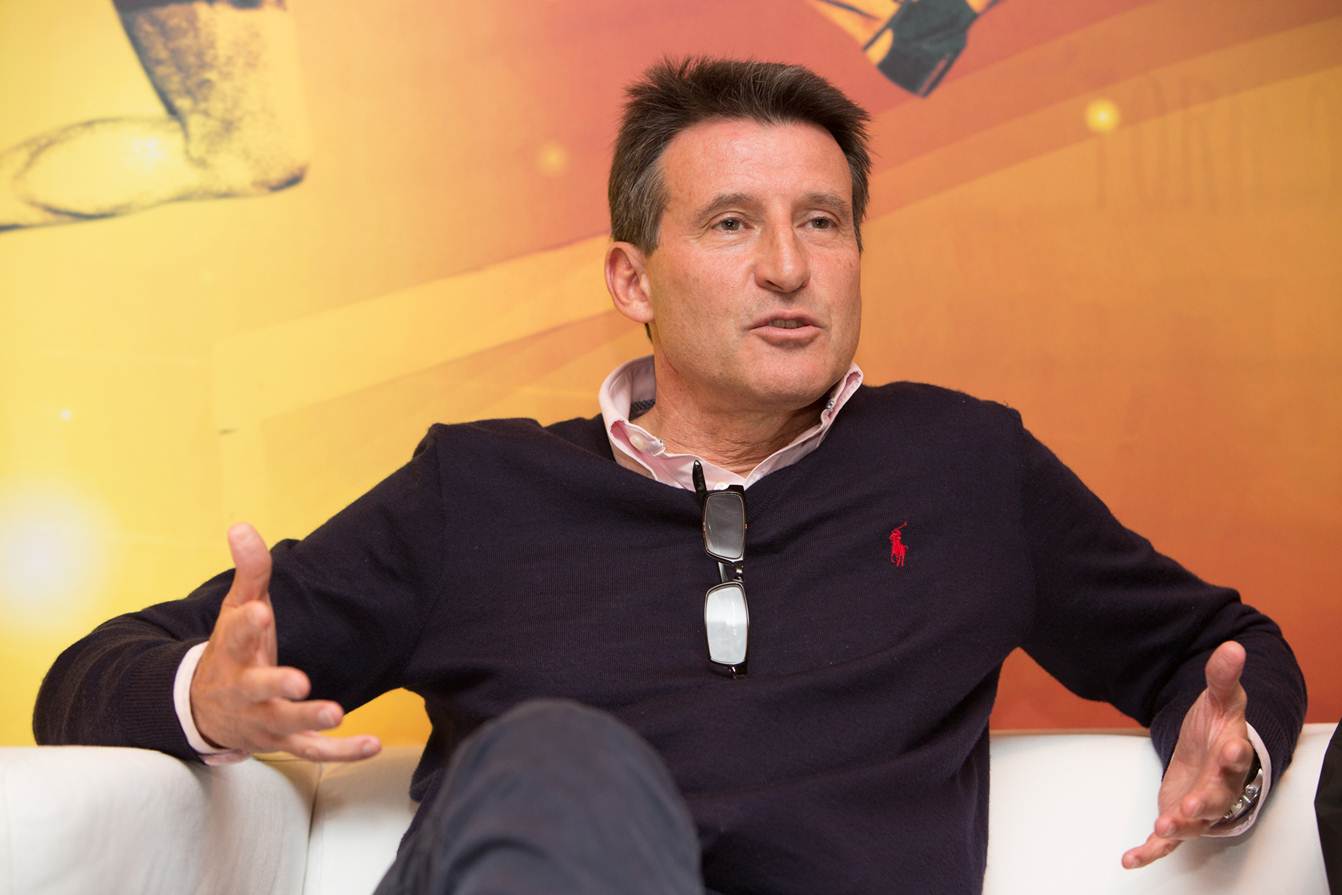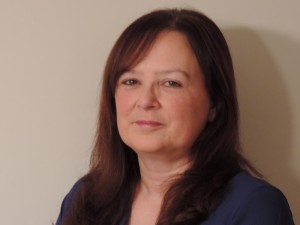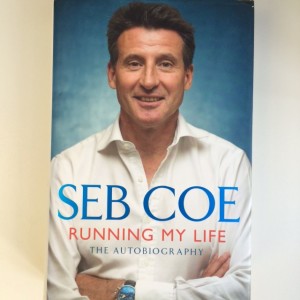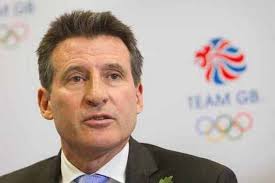
‘The person you are looking for is me’
On a recent holiday, whilst lounging on a sun bed, I was reading an autobiography written by a hero of mine. I won’t go into the many reasons why he’s a hero in my eyes, but why I’m writing this blog goes some way to explaining it I think.
The book is called ‘Running My Life’ and the author is Sebastian Coe, the famous middle distance runner (for those of us old enough to remember), politician and more recently the guy that masterminded the London 2012 Olympics. He has also just been elected as the President of the IAA (International Athletics Association). Quite a CV!
His book covers pretty much every aspect of his life, but I wanted to focus on a couple of instances he wrote about during his time organising the Olympics, which totally gave me goose bumps when I read them, as in my humble opinion they are such great examples of leadership…
I’ll share one to start with and save the other for another blog at a later date.
The first instance is before London won the bid to be the host city and just after he took over running the bid team. Without going into all the details Seb and his team introduced an element into our bid (Charters) late in the day focused on offering our training facilities across the UK to teams of athletes at a reduced cost, all of which was completely legal and above board. However because it was a late edition and it essentially made the other countries look bad for not including it in their proposals, a huge media storm erupted which threatened the whole bid. Prudently the London team withdrew the element as they could not afford to let this one issue derail the whole bid as Olympic HQ had made it clear they were unhappy. However the British press had different ideas and began calling for heads to roll, claiming it was a bribery technique that had gone wrong and someone should pay. According to Seb, people in the bid team, not used to the savagery of the press also began looking for scapegoats fearing the whole bid would collapse unless the press were satisfied. I think I should let Seb tell you the rest:
‘Recognising the wound needed cauterising if it wasn’t to go septic; I called everyone from the receptionist to the chief executive for a ‘clear the air’ session. It was vital each team member be given the chance to say anything they wanted to say. First, they were given a full explanation of the thinking behind the concept and an account of the events that the charters had triggered.
‘I know some of you are looking to apportion blame – the sport team who fine-tuned the proposal, the communications team who delivered the message, even the chief executive. Actually the person you are looking for is me. I am the chairman and I take responsibility for this. I should have seen the sensitivities behind the offer at such a critical stage of the bid, and should have read the likely response of an organisation I have been close to for twenty five years, and I apologise to each and every one of you’
In closing the meeting I told them I would sit in my office for 45 minutes with the door open. In that time they had the chance to unload on me. But after that time, the only sackable offence was if anyone continued to focus on this, or utter another word on the subject. If they did, I would escort them from the building personally.
It had the desired effect. It didn’t close down all the external sniping, but it did pull the team back together and a united team is much better able to weather external storms’
(Sebastian Coe, Running My Life – published 2012)
Seb then goes on to explain what he learnt from that experience, which is pretty relevant for any leader in our opinion:
- Organisations need strong leaders who take responsibility and realise the buck stops with them
- People have more to fear from not having strong leadership, as strong leaders make decisions when others shy away from them
- ‘Inertia is a killer’ – better to make a decision and it to turn out to be wrong than make no decision at all
- Defend your team in public, but never be afraid to stand up and say you got it wrong
- Be consistent – if you believe something is right, you’ll find a way to do it. (the ‘charters’ were re-introduced 2 weeks after winning the bid and were a huge success as they were taken up by many countries)
Like I said before I’ll tell you the other story in another blog, but in the meantime & not surprisingly I would highly recommend Seb’s Book!
http://www.amazon.co.uk/Running-My-Life-The-Autobiography/dp/1444732536
Thanks for reading
Elizabeth





No Comments